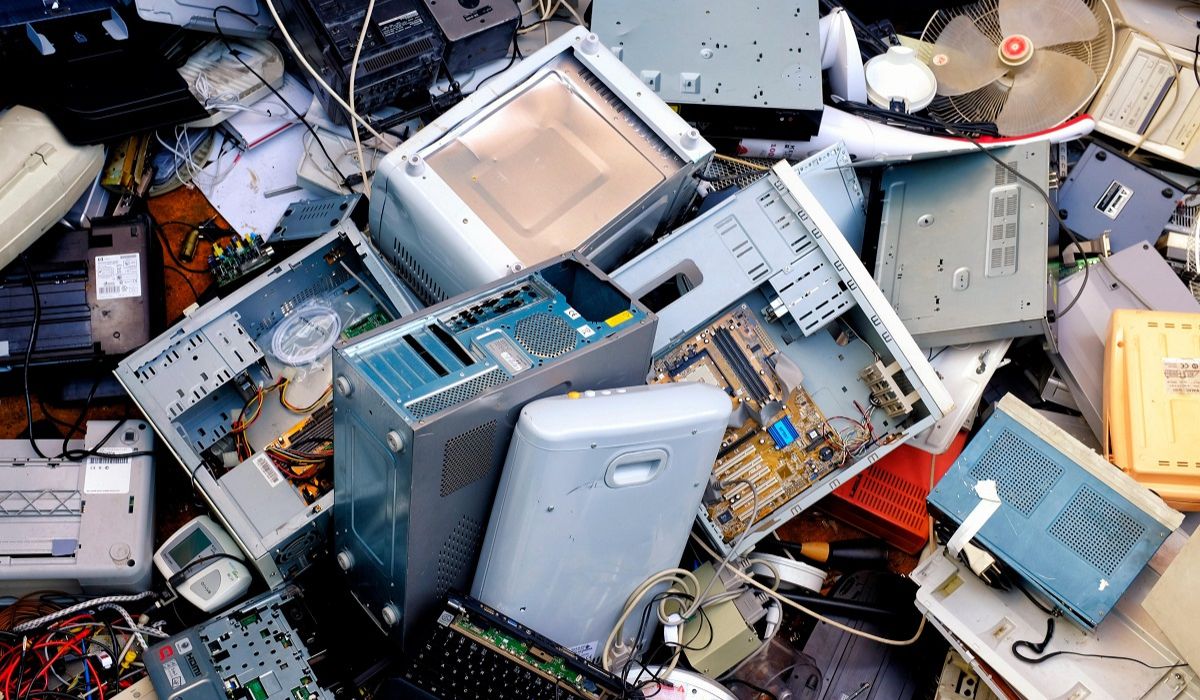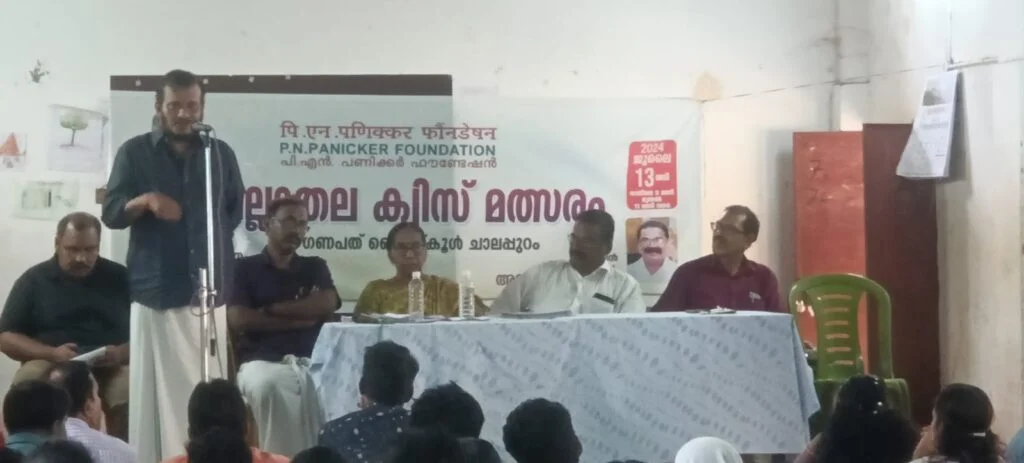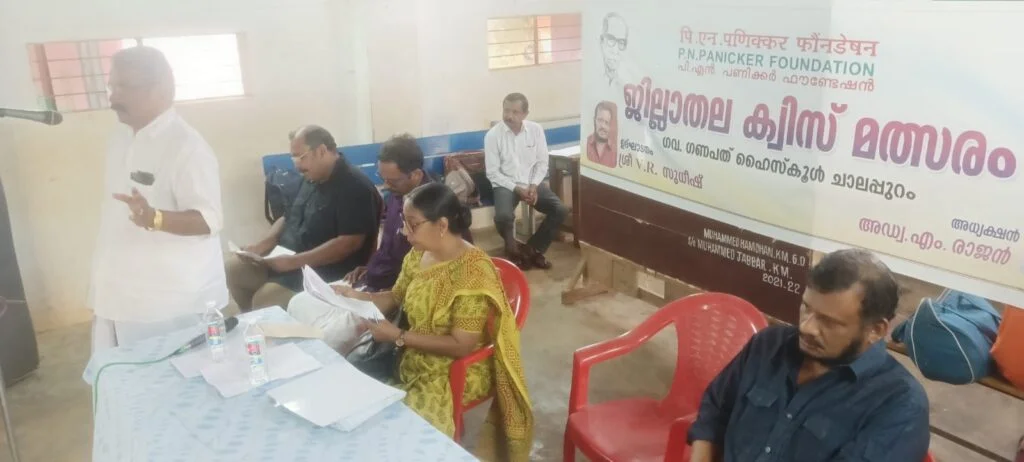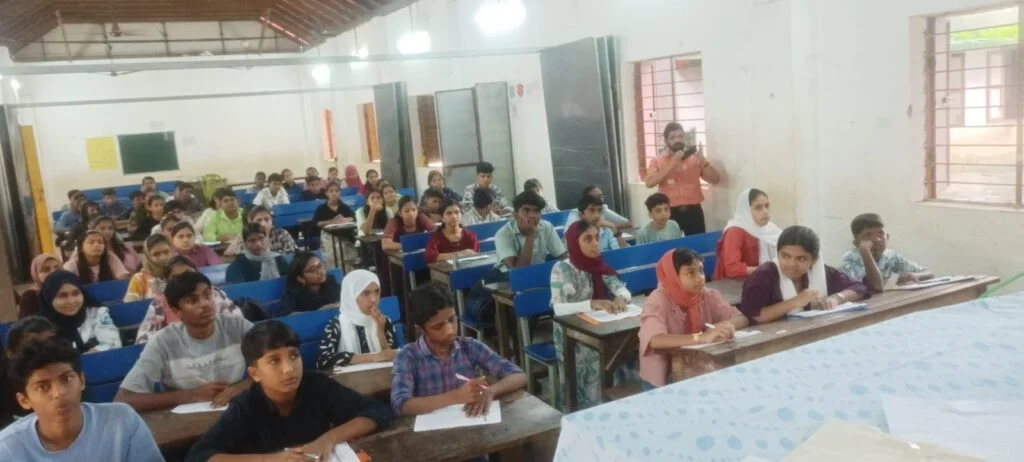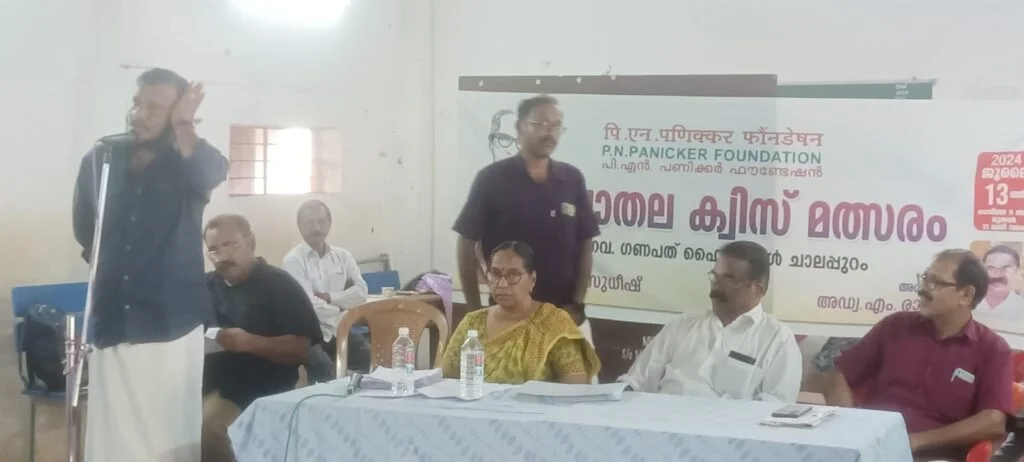E-Waste Management: Solutions for a Cleaner Kerala
Every discarded gadget holds both a risk and a resource — managing it wisely defines our tomorrow.
In today’s digital era, every home, school, and office in Kerala uses multiple electronic devices — from smartphones and laptops to televisions and kitchen appliances. While these devices make life easier, they also bring along a hidden challenge: electronic waste, or e-waste.
E-waste is one of the fastest-growing waste streams in the world. According to a UN report, the world generated over 62 million tonnes of e-waste in 2022, and only 22% of it was properly collected and recycled. India ranks third globally in e-waste generation, producing over 1.7 million tonnes annually. Unfortunately, a large portion ends up in landfills or is dismantled unsafely, releasing toxic substances like lead, mercury, and cadmium into the soil and water.
In Kerala, where digital adoption has been rapid, managing e-waste has become a pressing environmental and health concern. But there is hope — and organizations like Oleena are driving that hope forward through systematic e-waste management, collection drives, and awareness programs.
Understanding E-Waste and Its Impact
E-waste includes discarded electronic products — from mobile phones, computers, and batteries to refrigerators and washing machines. When handled improperly, these materials release hazardous chemicals that contaminate the environment and pose serious health risks.
The Dangers of Improper Disposal:
- Soil and Water Contamination: Heavy metals seep into the ground and groundwater, affecting agriculture and drinking water sources.
- Air Pollution: Burning e-waste releases toxic fumes that contribute to respiratory illnesses.
- Health Hazards: Informal recycling often involves unsafe handling, exposing workers — especially women and children — to harmful chemicals.
Kerala’s increasing urbanization and tech adoption have accelerated the e-waste problem. The need for structured collection systems, authorized recycling, and community awareness has never been greater.
Kerala’s Journey Toward Responsible E-Waste Management
Kerala has been one of India’s progressive states in managing solid and plastic waste under the Suchitwa Mission and Haritha Keralam initiatives. However, e-waste remains a specialized challenge requiring dedicated expertise, technology, and public participation.
The state government has initiated several programs, including:
- E-waste collection drives in schools and local bodies
- Tie-ups with authorized recyclers under the Kerala State Pollution Control Board (KSPCB)
- Public awareness campaigns emphasizing the hazards of electronic waste
Despite these initiatives, the gap between awareness and action still persists. That’s where NGOs like Oleena have stepped in to bridge this gap at the grassroots level.
Oleena’s Role in E-Waste Collection and Recycling
Since 2015, Oleena has been actively contributing to Kerala’s cleanliness and sustainability missions through waste management and sanitation projects. Recognized and empanelled under the Suchitwa Mission, Oleena plays a crucial role in community-based waste management, including e-waste collection and recycling.
Key Initiatives by Oleena:
- Community Collection Drives: Oleena organizes local e-waste collection campaigns in collaboration with panchayats, schools, and resident associations.
- Partnership with Authorized Recyclers: The collected waste is transferred to government-approved recycling units, ensuring safe and compliant disposal.
- Awareness Programs: The organization conducts sessions to educate students and families about the dangers of improper disposal and the importance of recycling.
- Integration with Waste Segregation Systems: Oleena trains local sanitation workers and community members on how to identify, separate, and safely store e-waste for pickup.
Through these combined efforts, Oleena ensures that discarded electronics are handled responsibly, transforming waste into resources — metals, plastics, and reusable components — instead of pollution.
Building Awareness and Behavioral Change
While infrastructure for recycling is growing, public participation remains the most critical component of success. Many people still discard electronic waste along with household garbage due to lack of awareness or access to collection points.
Oleena addresses this by:
- Conducting interactive workshops in schools and panchayats.
- Promoting “No Dumping, Only Recycling” campaigns.
- Distributing informational leaflets and running street plays on safe disposal practices.
- Encouraging households to store old electronics separately until they can be handed over to authorized collectors.
The organization emphasizes that awareness begins at home and school — children, when taught about environmental responsibility, influence entire families to adopt sustainable habits.
As a result, communities involved in Oleena’s programs have reported measurable improvement in waste segregation and cleanliness practices.
Technological and Policy Support
To strengthen the e-waste ecosystem, the Central Pollution Control Board (CPCB) and Kerala State Pollution Control Board have mandated that all e-waste should be routed through authorized channels.
Extended Producer Responsibility (EPR) laws also require manufacturers and importers to ensure safe recycling of their products.
Oleena collaborates with local bodies and recyclers to align its programs with these government guidelines, ensuring compliance and transparency at every stage.
Towards a Cleaner and Smarter Kerala
Kerala’s vision for a cleaner, greener, and smarter state cannot be achieved without addressing the e-waste challenge. Every small step — from separating an old charger to properly recycling a broken phone — adds up to a larger environmental victory.
Oleena’s mission is not just to collect waste, but to create a culture of responsibility where citizens understand that proper e-waste management protects both their environment and their health.
The organization envisions a future where every community, school, and local body in Kerala is e-waste aware and active — transforming digital pollution into digital responsibility.
Key Takeaways:
- Kerala generates significant e-waste due to rapid digitalization.
- Improper disposal causes long-term environmental and health issues.
- Oleena organizes e-waste collection drives and partners with recyclers.
- Awareness at school and panchayat levels drives behavioral change.
- Sustainable e-waste management is vital for a cleaner Kerala.
In essence, managing e-waste is not merely about waste disposal — it’s about protecting our shared future. With organizations like Oleena leading grassroots action, Kerala is taking steady, sustainable strides toward a cleaner, safer, and more environmentally conscious tomorrow.

